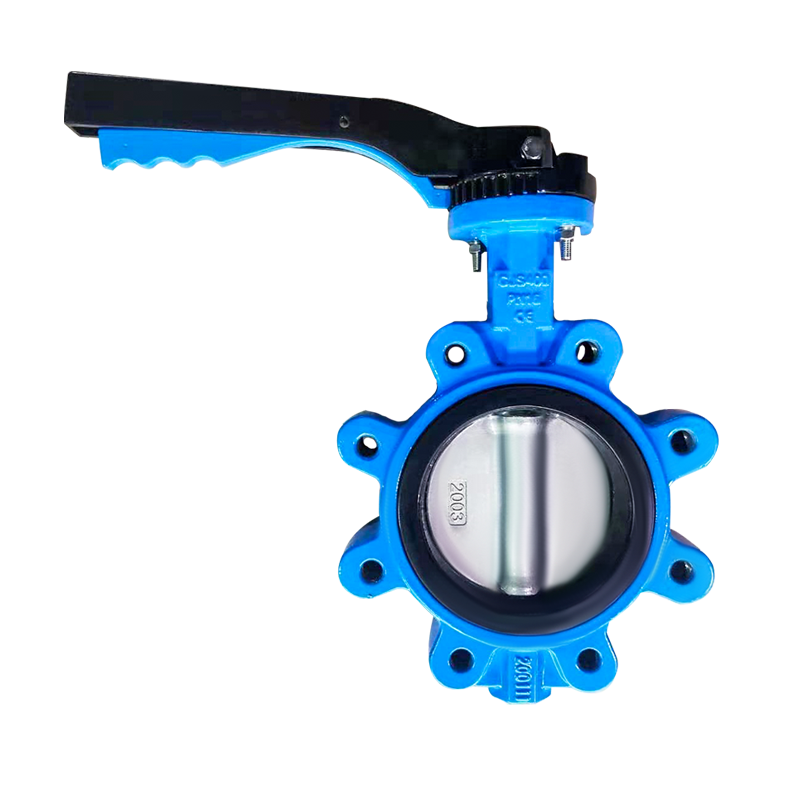
- Call Us
- +8618633052223
- njhdvlz@163.com
Nov . 06, 2024 12:07 Back to list
Top Suppliers for SS304 Butterfly Valves in the Market Today
Understanding SS 304 Butterfly Valve Suppliers
Butterfly valves are pivotal components in modern fluid control systems, widely employed in various industries including water treatment, oil and gas, food and beverage, and chemical processing. The SS 304 butterfly valve is particularly notable for its outstanding corrosion resistance, durability, and versatility. As industries strive for efficiency and reliability, the demand for high-quality SS 304 butterfly valves continues to rise, making the suppliers of these valves critically important players in the market.
What is SS 304?
SS 304 refers to stainless steel grade 304, a widely used austenitic stainless steel that contains a combination of chromium (about 18%) and nickel (around 8%). This composition endows it with exceptional chemical and temperature resistance, making it ideal for applications that involve exposure to harsh environments. SS 304 valves can operate effectively in temperatures from -450°F to 1,200°F, making them suitable for both low and high-temperature applications. Additionally, their resistance to oxidation and corrosion makes them particularly valuable in industries that handle acidic, alkaline, or saline environments.
The Role of Butterfly Valves
A butterfly valve is a quarter-turn valve characterized by a disc that rotates around a central axis. This design enables it to control the flow of liquids and gases effectively with minimal pressure drop, making it an energy-efficient option. Butterfly valves are lightweight and compact compared to other valve types, which simplifies installation and maintenance. The SS 304 butterfly valve further enhances these benefits with its corrosion resistance and structural integrity, providing reliable service in diverse conditions.
Importance of Choosing the Right Supplier
When it comes to sourcing SS 304 butterfly valves, choosing the right supplier is essential. A reliable supplier should not only provide high-quality products but also ensure compliance with industry standards and regulations. This is crucial for maintaining safety and efficiency in fluid systems. Additionally, a reputable supplier will offer varied options tailored to specific needs, such as size, pressure ratings, and end connections.
ss 304 butterfly valve suppliers

Key Factors to Consider When Selecting Suppliers
1. Quality and Certification Ensure that the suppliers have certifications such as ISO 9001 or similar quality assurance processes. This indicates that they adhere to standardized practices in manufacturing and sourcing their materials.
2. Experience and Reputation Look for suppliers with a solid history and experience in the industry. Reading customer reviews and testimonials can provide insights into their reliability and service quality.
3. Variety and Customization A good supplier should offer a diverse range of SS 304 butterfly valves, along with options for customization according to your specific requirements. This flexibility can often save time and money in the long run.
4. Support and Service Assess the level of customer service provided by the supplier. A dedicated support team can offer valuable assistance with technical questions, installation guidance, and after-sales service.
5. Pricing and Delivery Competitive pricing is important, but it should not compromise quality. Evaluate the supplier’s delivery terms to ensure they can meet your required timelines.
Conclusion
In summary, the demand for SS 304 butterfly valves is indicative of their importance in various industrial applications. Suppliers who understand the intricacies of these valves and who prioritize quality, compliance, and customer satisfaction can offer significant advantages in the market. By choosing the right supplier, businesses can ensure they receive not only top-notch products but also the accompanying support and service necessary for efficient operations. Whether it's for a new installation or the replacement of older, ineffective valves, sourcing SS 304 butterfly valves from a reputable supplier is a critical step toward achieving operational excellence. As industries continue to evolve and demand more sophisticated solutions, the role of quality suppliers will be more critical than ever.
-
Durable Rubber Butterfly Valve | Steel, PP & PTFE Lined
NewsAug.06,2025
-
High-Performance 2.5 Inch Butterfly Valve
NewsAug.05,2025
-
Compact Double Flanged Short Pattern Butterfly Valve | High Efficiency
NewsAug.03,2025
-
Stainless Steel Sanitary Butterfly Valve | Hygienic & Durable
NewsAug.02,2025
-
Double Flanged Short Pattern Butterfly Valve | Compact, Efficient Flow
NewsAug.01,2025
-
Precise 3-Inch Butterfly Valve Dimensions | Durable Flow
NewsJul.31,2025